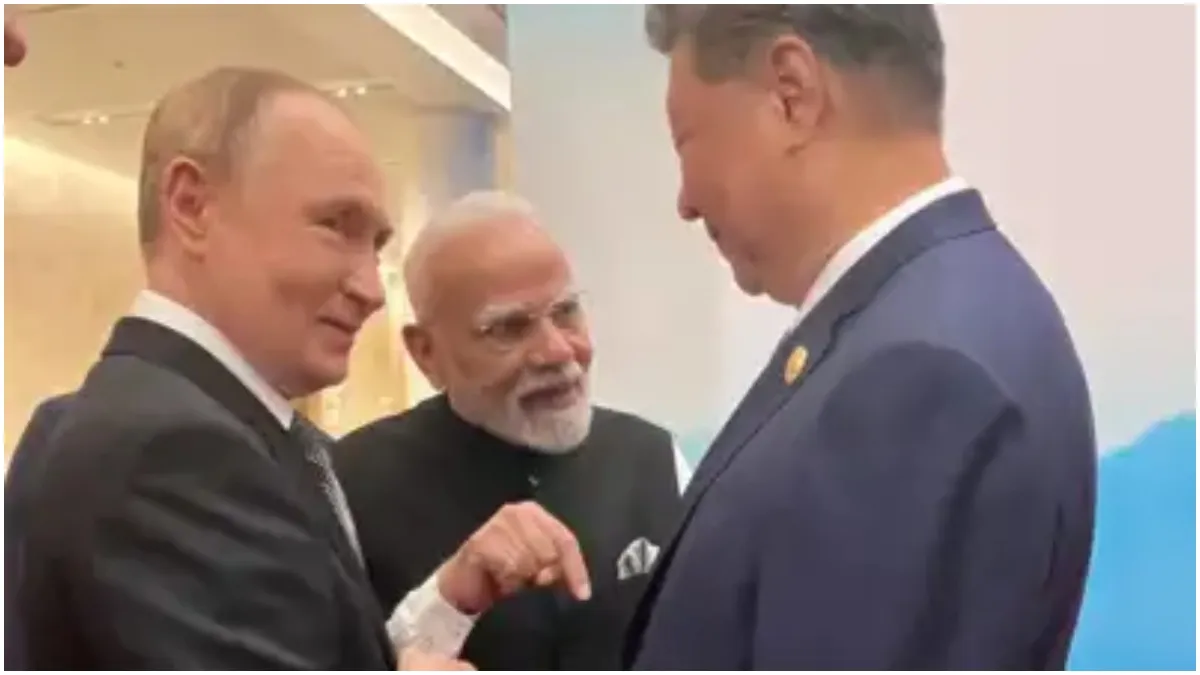- By Shubham Bajpai
- Fri, 12 Sep 2025 04:39 PM (IST)
- Source:JND
Congress on Friday lashed out at Prime Minister Modi and raised questions on the Central government's foreign policy after Pakistan assumed the chair of the Shanghai Cooperation Organisation’s Regional Anti-Terrorist Structure for 2025-26.
Congress shared a video on X in which it claimed "PM Modi has completely messed up India's foreign policy." Through the video, Congress emphasised that Pakistan assumed the chair of RATS days after PM Modi attended the grouping's meeting in China.
PM Modi has recently visite China's Tianjin to attend the SCO summit. On the sidelines, he held bilateral meetings with Chinese President Xi Jinping and Russian President Vladimir Putin.
The visit of PM Modi was widely seen as a strong message to the US which has triggered a tariff war against almost all of the world, including its allies. India is facing the brunt of it with 50 per cent tariffs which is reasoned to be for purchasing the Russian crude oil.
Earlier on Thursday, Islamabad issued a statement that read, "Pakistan today assumed the chair of the Shanghai Cooperation Organisation’s Regional Anti-Terrorist Structure for 2025-26" after the 44th meeting of the RATS council in Cholpon-Ata, Kyrgyz Republic, decided to pass the chairmanship to Islamabad.
RATS Council condemns Pahalgam terror attack
The 44th meeting of the RATS council, which passed on the chair to Pakistan, strongly condemned the Pahalgam attack, carried out by Pakistani terrorists, in which 26 civilians were killed based on their religious identities.
ALSO READ: Did China's Xi Jinping Send Secret Letter To President Murmu? MEA Breaks Silence
What is RATS Council and how is chair selected?
The RATS Council is the body of representatives of the member states responsible for overseeing the coordination of anti-terrorism, anti-separatism, and anti-extremism efforts among SCO countries.
Each member sends a permanent representative to RATS. The Chair of the RATS Council rotates among the member states. Although the pattern of rotation is not fixed, each member country assumes the chair for one year.
